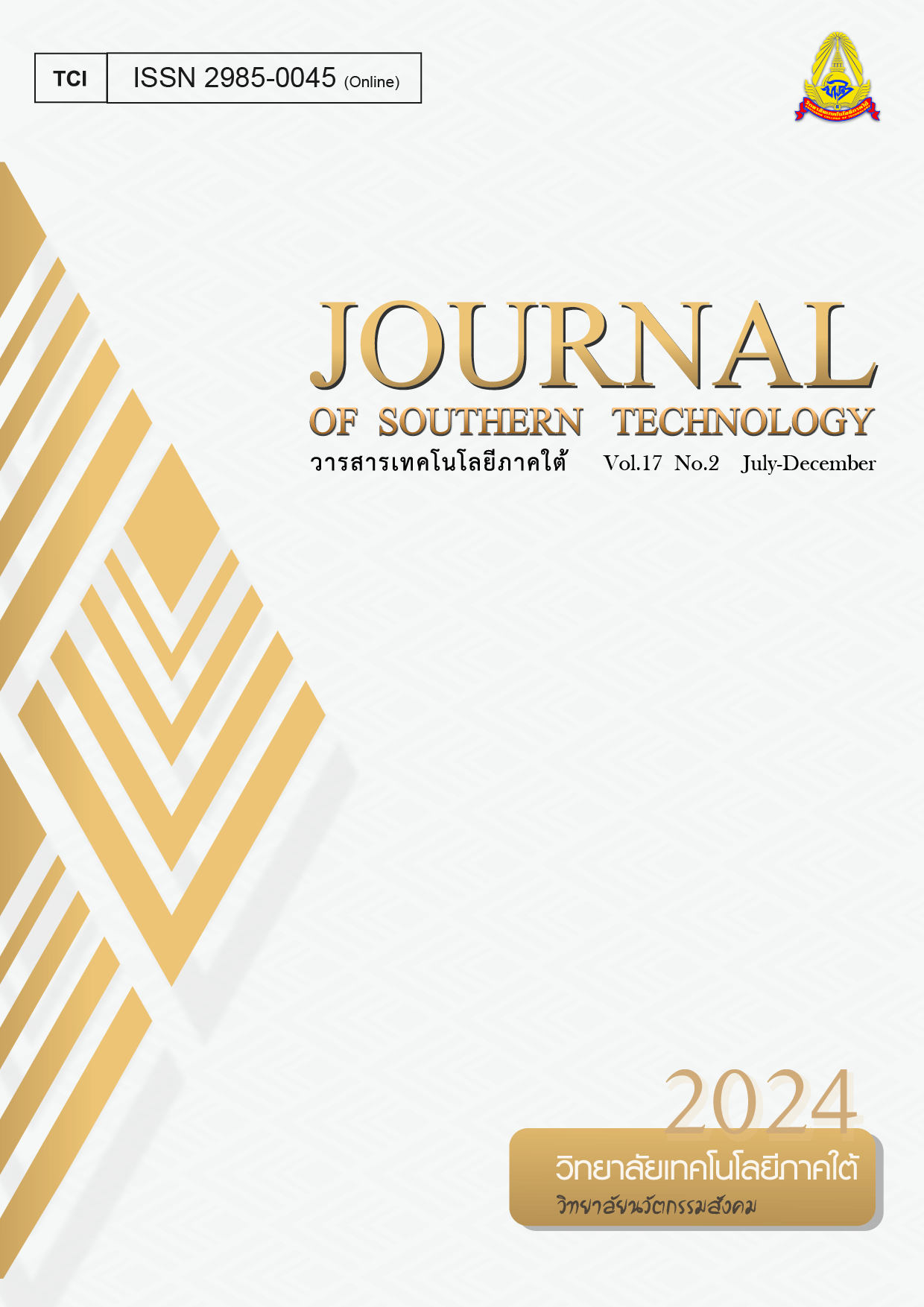Active Learning Management to Develop Students into Becoming “Innovators”
Main Article Content
Abstract
Active learning occurs when learners engage in a learning process through collaborative thinking, doing, and participating in activities. This approach allows students to learn, inspire, develop independent learning skills, discover their own potential, and contribute to the body of knowledge in their fields. All these are the consequences of active learning which gives learners the freedom to carry out real-world experiences based on their own curiosity or passions. It also supports hands-on learning that fosters 21st-century skills. Moreover, through active learning students can turn imagination into creativity, and thus gradually develops them as innovators. This paper aims to present a guideline for active learning to develop learners into "innovators." It explains the current social conditions, desired characteristics of learners in the 21st century, reasons for developing learners to be innovators, characteristics of innovators, as well as approaches to manage active learning in order to turn learners into "innovators."
Article Details

This work is licensed under a Creative Commons Attribution-NonCommercial-NoDerivatives 4.0 International License.
-
Authors must agree to the journal publication rules and allow the editors to edit the manuscripts for publication.
-
Author’s right belongs to the author but Journal of Southern Technology holds the right of first publication and thus allow readers to use the article for the purpose of education but not commercial.
References
Bonwell, C.C., & Eison, J. A. (1991). Active Learning: Creative Excitement in the Classroom. ASHE-ERIC Higher Education Reports No.1.
Washington, D.C.
Charoenwongsak, K. (2015). Great Initiative, Long-term Future. Retrieved November 1, 2022, from http://www.kriengsak.com/Wallyfuture-Initiatives. [in Thai]
Drucker, P. (1985). Innovation and Entrepreneurship. New York: Harper Row Publishing.
Gifkins, J. (2015). What Is ‘Active Learning’ and Why Is It Important? E-international Relations. Retrieved from http://www.eir.info/2015/10/08/what-is-activelearning-and-why-is-it-important.
Grabinger, R.S. (1996). Rich Environments for Active Learning. In David Jonas Sen. Handbook of Research for Educational Communications and Technology. Washington, D.C. AECT.
Hassi, L., & Rekone, S. (2019). How Individual Characteristics Promote Experimentation in Innovation. Retrieved November 1, 2022, from https://www.worldscientific.com/doi/epdf/10.1142/S136391961850038X.
Khaemmanee, T. (2020). Proactive Competency-based Proactive Learning Management. Bangkok: Office of the Education Council. [in Thai]
Laoriandee, W., Kitrungruang, P., & Sirisamphan, O. (2017). Strategies for Proactive Learning Management to Develop Thinking and Enhance the Quality of Education in the 21st Century (12th Printing). Nakhon Pathom: Petchkasem Printing. [in Thai]
Meyers, C., & Jones, T. B. (1993). Promoting Active Learning: Strategies for the College Classroom. San Francisco: Jossey-Bass.
Office of the Basic Education Commission. (2019). A Supervisory Approach to Develop and Promote Proactive Learning Management Based on the Policy of Reducing Time Learning and Increasing Time Knowledge. Bangkok: Agricultural Cooperative Federation of Thailand Printing House. [in Thai]
Quinn, J. (1992). Intelligent Enterprise. New York: Free Press.
Rogers, E.M. (2003). Diffusion of Innovation (5th ed.). New York, NY: Free Press.
Schilling, M. A., & Shankar, R. (2019). Strategic Management of Technological Innovation. Publisher: McGraw Hill.
Sinlarat, P. (2020). 4 Thoughts for Thai Children. Bangkok: Chulalongkorn University Printing House. [in Thai]
Siribanpitak, P. (2020). The importance of disruptive innovation and disruptive innovators. Journal of Educational Administration and Innovation, 3(3), 3-4. [in Thai]
Sittisomboon, M. (2022). Proactive Learning Management Strategy. Phra Nakhon Si Ayutthaya: Mahachulalongkornrajavidyalaya
Printing Press. [in Thai]
Songkram, N. (2019). Innovation to Transform Learners into Innovators, Research into Practice. Bangkok: Chulalongkorn University Printing House. [in Thai]
Tanprasertkul, S. (2021). An Innovative Ecosystem in a School that Aims to Develop Student Innovators (Doctoral Dissertation). Srinakharinwirot University, Bangkok. [in Thai]
Wongyai, W., & Pattaphol, M. (2019). Innovation Skills Development. Bangkok: Innovative Leaders Center of Curriculum and Learning. [in Thai]
World Intellectual Property Organization. (2022). Global Innovation Index 2022. Retrieved October 6, 2023, from www.globalinnovationindex.org/gii-2022-report.
Yuyuen, P. (2018). Factors Influencing being an Innovator: PUNN Products Case Study (Master’s Independent Study). Silpakorn University, Nakhon Pathom Province. [in Thai]

